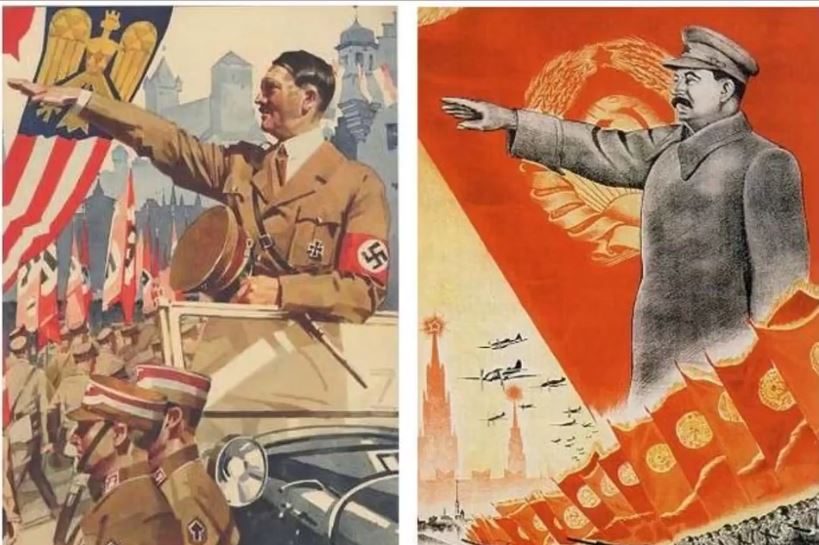Most Read from past 24 hours
History
- Home
- History

Is Killing a Tyrant Ever Justified?0
- History
- August 23, 2018
In his work De rege et regis institutione (1599), Jesuit priest Juan de Mariana examines the limits of political power, which, in sixteenth-century Europe, was exercised by monarchs. According to Mariana, monarchs should be subject to the same moral standards as the governed. Should they deviate from the principles of natural law by confiscating the
READ MORE
Why a Nation in Turmoil Must Choose Civility0
- History
- August 13, 2018
In 1961, I participated in what one newspaper in Richmond, Virginia, called “one of the most ambitious experiments in race-mixing the South had seen.” With the nation in turmoil, 25 other black students and I helped integrate an all-white junior high school. Outside the school, we faced angry crowds determined to prevent us from getting
READ MORE
Why It’s Time to Treat the Hammer and Sickle Like the Swastika1
- History
- August 8, 2018
If someone were to ask you to think of either extreme of the political spectrum, odds are you would immediately picture a swastika at one end, and a hammer and sickle at the other. Regardless of your views of the left-right paradigm, or whether you subscribe to horseshoe theory or not, we (rightfully) tend to
READ MORE

5 (Other) Times Russia Meddled in U.S. Elections0
- History
- August 2, 2018
With so much media attention on Russia’s involvement in the 2016 election, it seems we have forgotten the obvious: this is not Russia’s first time meddling in American elections. In fact, Russia has been at this for a while. Yet America is all but undergoing another Red Scare. The Senate Intelligence Committee has held
READ MORE
Former CIA Boss John Brennan Tweets Fake Lincoln Quote, Won’t Take It Down0
- History
- July 16, 2018
It’s become a running joke that Abraham Lincoln didn’t actually say half the things attributed to him. Lincoln historians will tell you this phenomenon began almost as soon as the sixteenth president’s life was claimed by John Wilkes Booth, if not before. Yet the problem has only grown more acute in the internet age. The
READ MORE
How We Discovered Three Poisonous Books in our University Library0
- History
- July 13, 2018
Some may remember the deadly book of Aristotle that plays a vital part in the plot of Umberto Eco’s 1980 novel The Name of the Rose. Poisoned by a mad Benedictine monk, the book wreaks havoc in a 14th-century Italian monastery, killing all readers who happen to lick their fingers when turning the toxic pages.
READ MORE
Latest Posts
-

-

American Girl’s Quest to Squelch the History That Birthed It
- Culture, Featured, History, Uncategorized
- February 13, 2026
-

-


